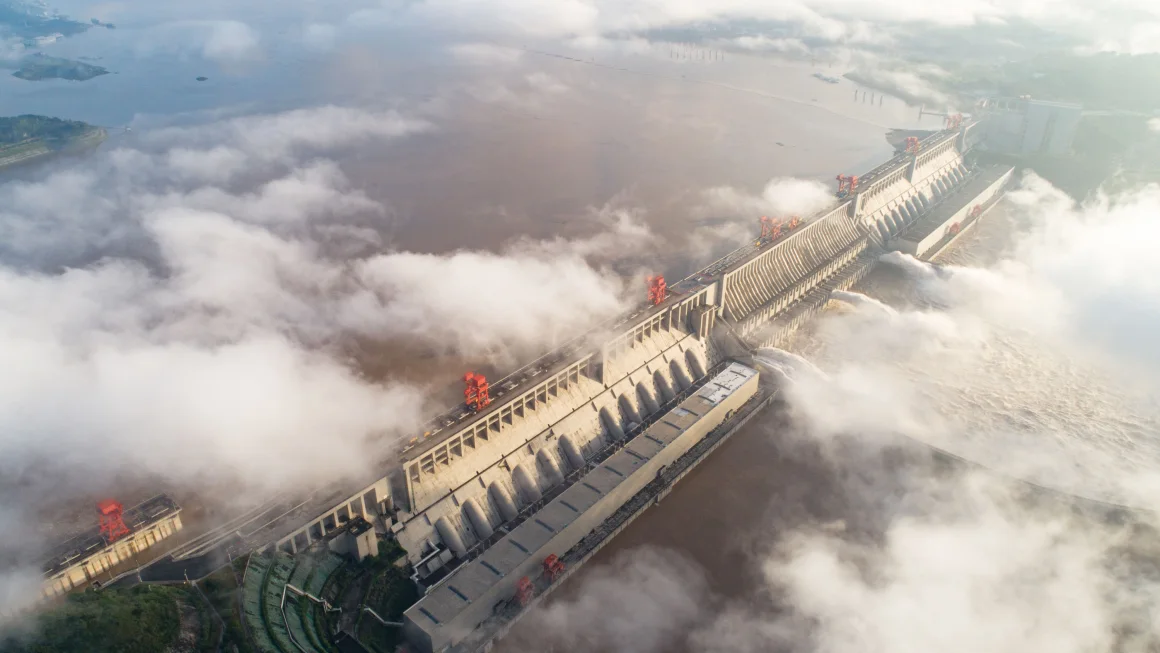Islamabad, May 1, 2025: Pakistan is currently grappling with an alarming water shortage, particularly in the twin cities of Rawalpindi and Islamabad.
The main reservoirs—Rawal, Simly, and Khanpur—are experiencing drastic drops in water levels, largely due to an extended dry period and unusually low rainfall this year.
This worrying trend has sparked a critical water scarcity for residents in both cities.
In Rawalpindi, the underground water table has plummeted below 700 feet, making water extraction increasingly difficult.
As a result, local authorities are gearing up to roll out a water rationing program starting in mid-May.
The severe shortage has also driven up demand for private water tanker services, which are now charging steep rates, although the government is offering free water deliveries in the hardest-hit neighborhoods.
Data from the National Drought Monitoring and Early Warning Centre shows that Rawal Dam’s water level has declined to 1,741.10 feet, nearing its dead storage level of 1,708 feet.
Simly Dam, a key water source for Islamabad, stands at 2,263.80 feet, while Khanpur Dam is at 1,937.58 feet—both critically low.
Experts estimate that the existing water reserves can only sustain the twin cities for another 40 to 45 days if the dry spell continues.
Without meaningful rainfall in the next two weeks, the crisis is expected to deepen.
Read More: Govt Finally Announces Eidul Adha 2025 Holidays with Joyful Break Ahead
Scorching temperatures are further worsening the situation by accelerating evaporation from the dams.
In response, the Water and Sanitation Agency (WASA) has introduced a stringent “Water Management Plan” that includes strict action against water theft, penalties for unpaid bills, and bans on using pipeline water for gardens, driveways, or car washing.
Additionally, car wash businesses are now required to install water recycling systems to conserve supplies.
Most of WASA’s 500 tube wells are outdated and shallow, making them highly susceptible to running dry. The newer wells are under intense strain, operating around the clock to meet soaring demand.
Meanwhile, the under-construction Chahan Dam Water Supply Scheme promises to enhance water availability once completed.
Officials caution that with shifting climate patterns, continued reliance on tube wells is not a sustainable solution.
Large-scale projects like the Ghazi Barotha Project, if launched, have the potential to address the long-term water needs of Rawalpindi and Islamabad for the next hundred years.









